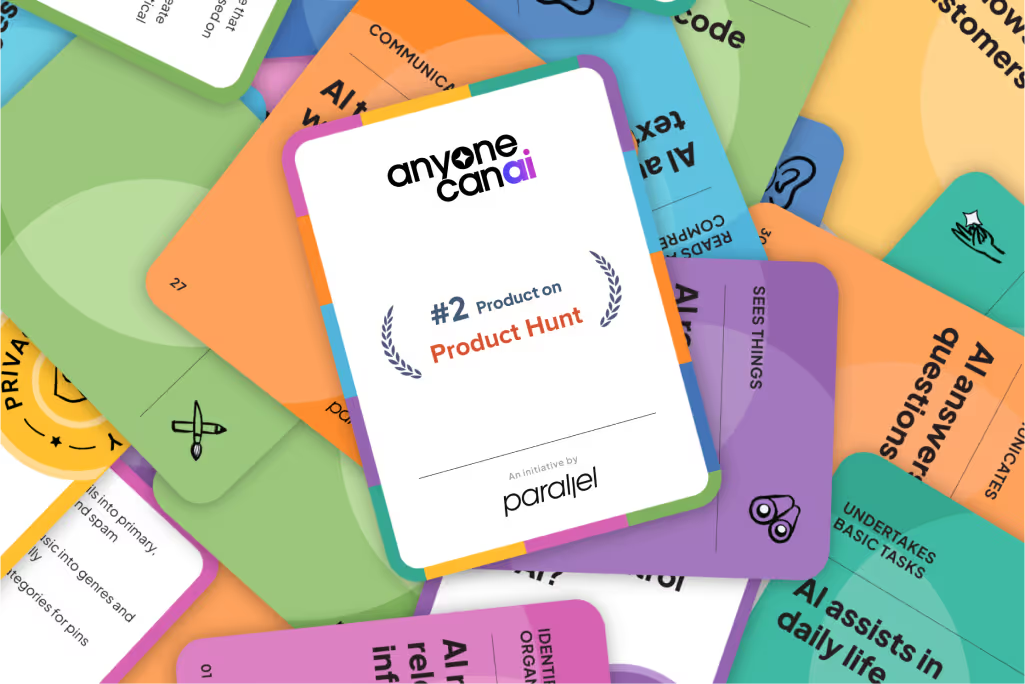10 Best Website Development for Startups (2026)
Learn about website development services for startups, including responsive design, user experience, and SEO to build a strong online presence.

Website development for startups matters more than ever today. You have seconds to earn trust—research shows that visitors form an opinion about a site in roughly 50 milliseconds. For a new company, that first impression often determines whether a prospect stays or leaves.
A well‑considered website sets expectations for your product and brand, signals competence and reliability, and shows users that you respect their time. You’re not just building pages; you’re creating an extension of your product.
In this guide we’ll share what makes startup web work unique, outline the features you should prioritise, review ten providers who understand early‑stage needs, and answer common questions.
Why do startups need tailored website development?
A website isn’t just a brochure; it’s a platform to show who you are, why your product matters, and how to interact with you. For a startup without a long track record, your site is the anchor of your brand. Design influences 94% of first impressions and 75% of visitors judge a company’s credibility based on its site. That means the experience you craft needs to feel deliberate from the first glance.
A web presence also affects discoverability. Search engines reward fast, accessible and mobile‑friendly sites. Studies show that 79% of users will leave if a site performs poorly on mobile or feels hard to use. Delays are costly: every additional second of load time can reduce conversions by 7%, and retailers collectively lose billions annually when pages load slowly. For an early product, those lost seconds can mean missed signups and revenue. So make sure search optimization and performance are core objectives.
What makes startup web development unique?
Launching a site for a new company is different from scaling an established platform. You’re trying to prove a concept, not build every feature at once. That demands a minimal viable product (MVP) mindset. Start small, learn from real users, and iterate. When discussing these projects with founders, we emphasise that small, incremental improvements beat one big launch. Our work with AI and SaaS startups has taught us that focusing early on a lean scope, clear copy and performance pays off. This mixture of design, engineering and strategy is what defines website development for startups.
1) Cost efficiency matters: You don’t need to spend tens of thousands on a custom build when a modular stack and a pragmatic design system will do. Prioritise must‑have features such as responsive layouts and accessible navigation. Research shows that 90% of websites now implement responsive design and poor usability drives away nearly eight out of ten visitors. A site that adapts smoothly across devices isn’t optional; it’s table stakes.
2) Design and performance go hand in hand: The visual language of your product should match your positioning. Visual consistency, typography choices and tone create a coherent brand experience. At the same time, page speed, caching and efficient code matter because they keep users engaged. A good user experience is more than pretty pixels—Forrester found that investing $1 in user experience yields $100 in return. Effective website development for startups balances aesthetics with speed and accessibility.
3) Flexibility and scalability are key: Startups shift priorities often, so you need technology that grows with you. Choosing a content management system (CMS) with headless options allows you to manage content across products without re‑architecting. Cloud hosting and serverless functions let you scale traffic on demand. Integrations for analytics, chat and payment should be easy to add. Custom e‑commerce features may not be needed on day one, but you should prepare for them.
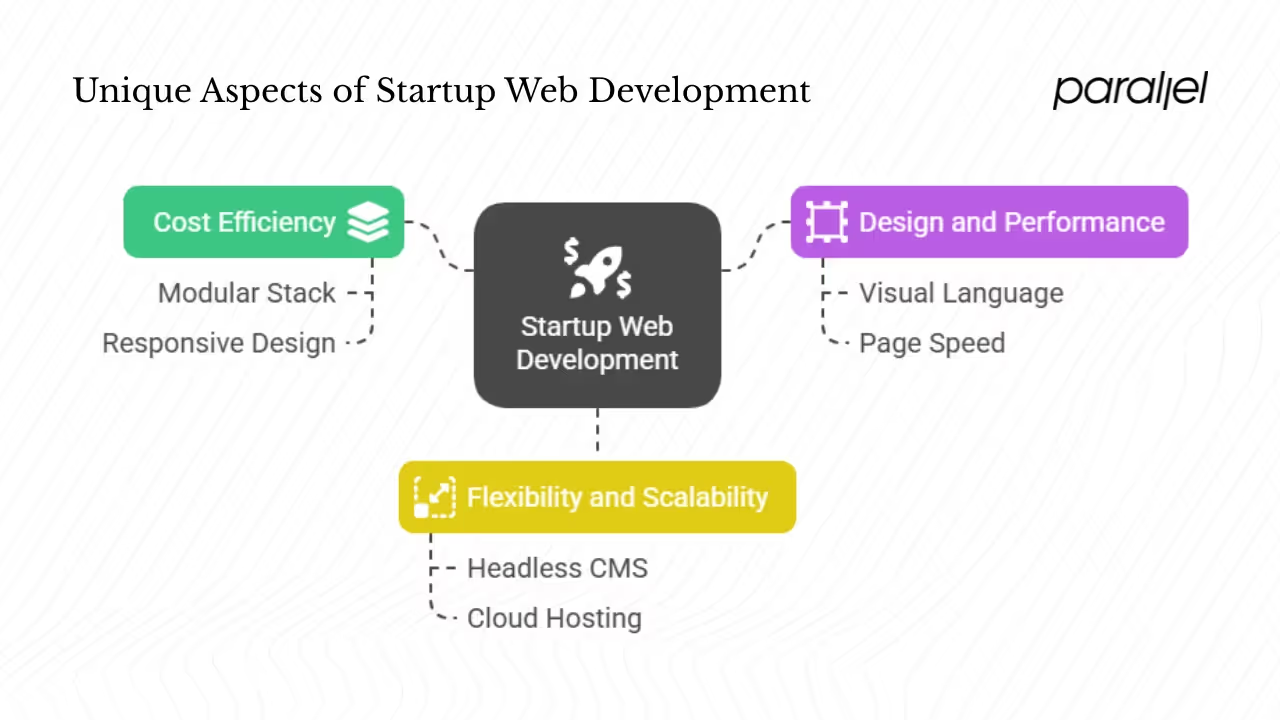
10 best website development providers for startups
We’ve compiled ten providers that understand the specific challenges of early‑stage companies. Each offers a mix of design, engineering and strategic support. The descriptions below summarise our impressions, client feedback and available data from trusted sources. This list covers a range of budgets and styles, so you can find a fit for your needs.
1) Parallel
As a design‑first studio, Parallel treats your website as a product. We run design sprints that involve founders, designers and engineers working together, ensuring alignment between business goals and user needs. Our background in AI‑infused product experiences means we think holistically about how your website interacts with your app and data. Because we’re a small team, you work directly with senior people.
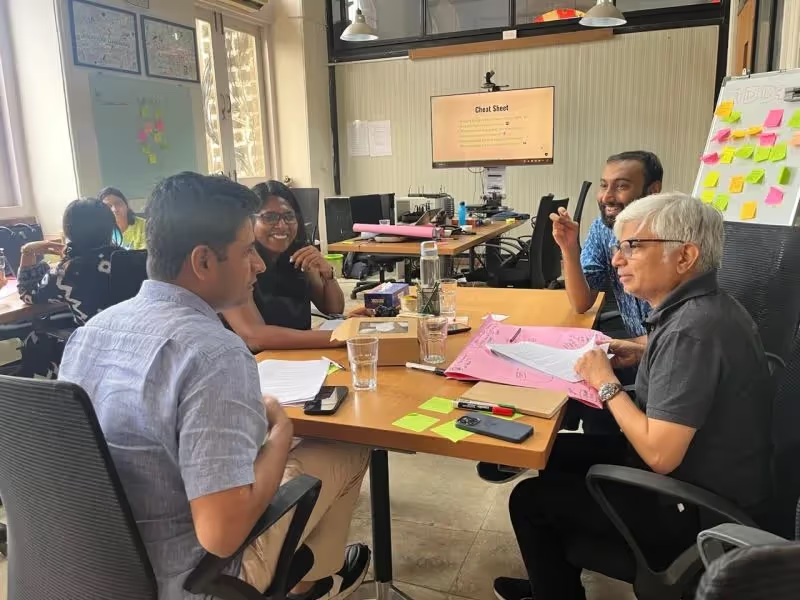
Founders who have worked with us often tell us that the clarity and polish of their site gave investors confidence. We focus on accessible interfaces, performance and modular architecture so you can iterate quickly.
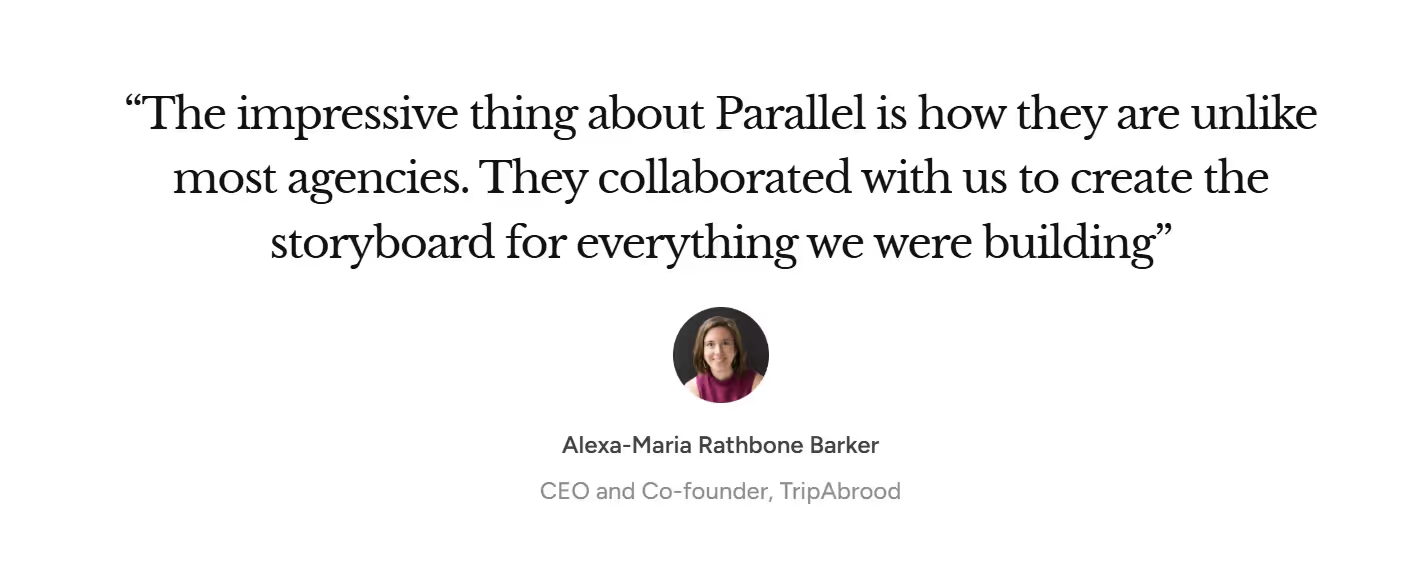
2) Toptal

Toptal is a network of elite freelance engineers and designers. According to Clutch, they provide scalable talent and have served more than 10 000 clients with a global network across over 100 countries. Startups appreciate Toptal’s ability to match them with senior developers who can build clean, maintainable codebases quickly. Their network includes specialists in frontend frameworks, backend services and e‑commerce solutions, making Toptal useful when you need a flexible team.
3) Urban Insight
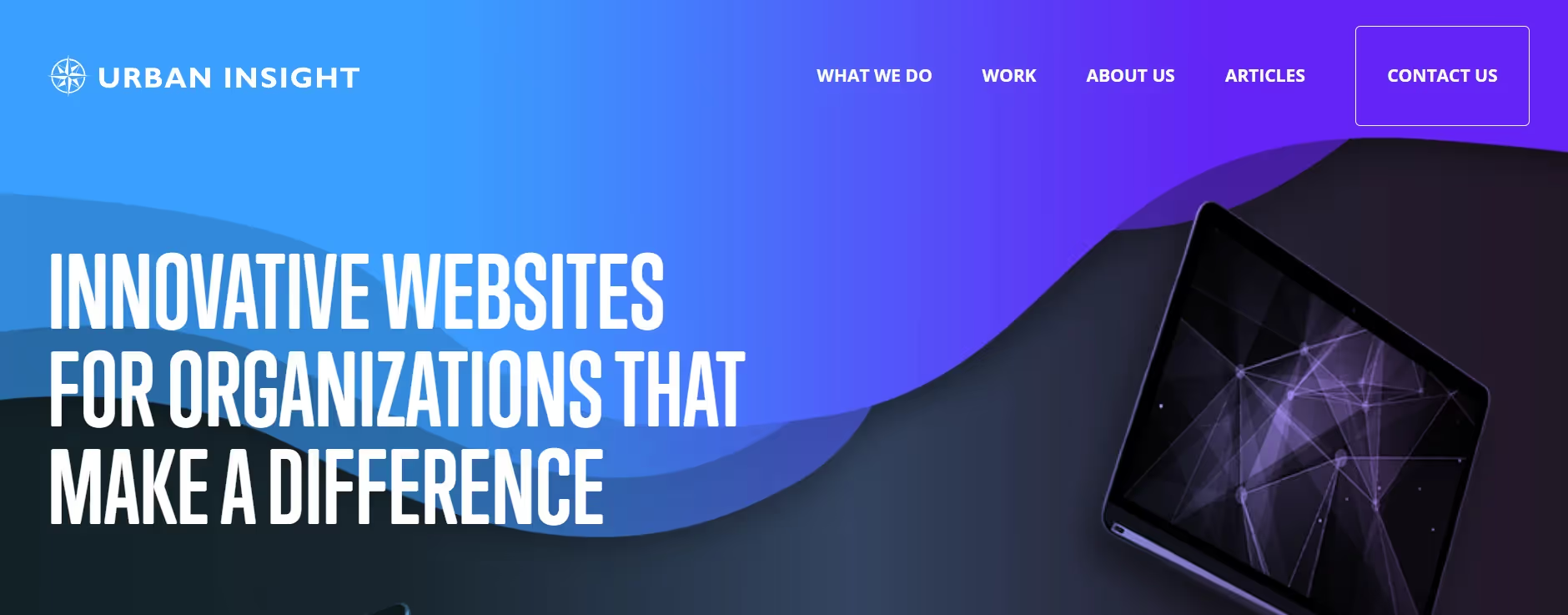
Urban Insight combines strategy, design and development, with over 500 projects in their portfolio. They’re mission‑driven and emphasise user‑focused strategy and exceptional project management. For startups, they offer thoughtful discovery sessions to refine product positioning before writing a line of code. Their designers and developers collaborate closely, resulting in sites that balance strong visual design with technical sophistication.
4) INOXOFT
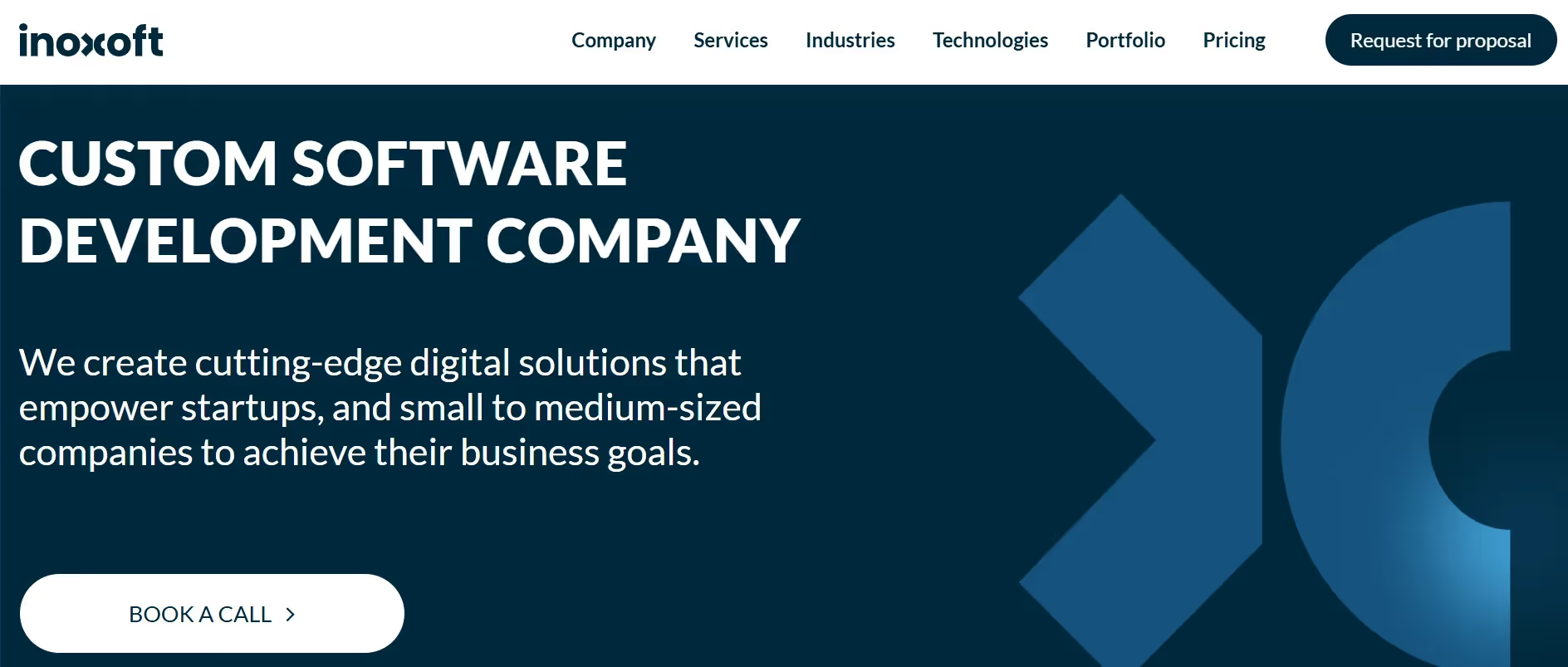
INOXOFT is an award‑winning software development company with over 200 engineers and a decade of experience. They offer custom web development, AI/ML solutions and quality assurance. Startups value their partnership approach and responsive communication. Clients on Clutch say that INOXOFT delivers projects on time and within budget. With services spanning discovery, design and development, they provide a full‑service approach.
5) BairesDev

BairesDev, a large software outsourcing company, offers staff augmentation and full project delivery. They boast over 4 000 senior engineers and have completed more than 1 200 projects. Startups engage BairesDev for complex builds requiring a larger engineering team. Their experience with clients like Google and Adobe suggests they can handle scale. Pricing is higher.
6) Lounge Lizard

Lounge Lizard positions itself as a long‑running web agency and “internet growth partner.” They have 25 years of experience and claim to deliver increases in leads, sales and search rankings for startups and enterprises. Their services span brand strategy, UI/UX design and SEO. Startups choose Lounge Lizard when they want a creative approach combined with marketing expertise.
7) Vardot
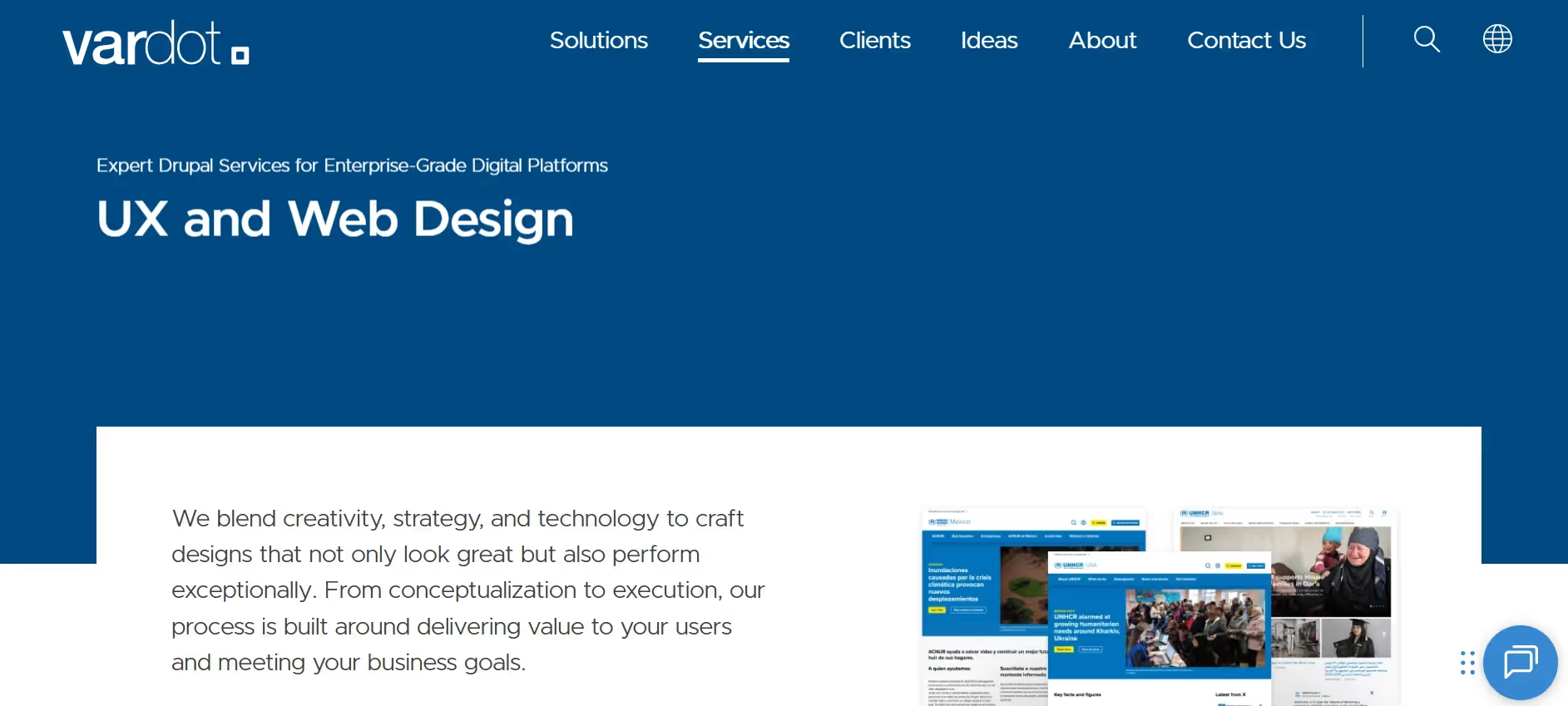
Vardot specialises in enterprise Drupal solutions and open‑source technology. They’ve delivered more than 200 projects in over 30 countries. Their Varbase distribution simplifies building accessible, multilingual sites. Startups choose Vardot when they need a CMS that scales securely and supports complex content models.
8) S‑PRO
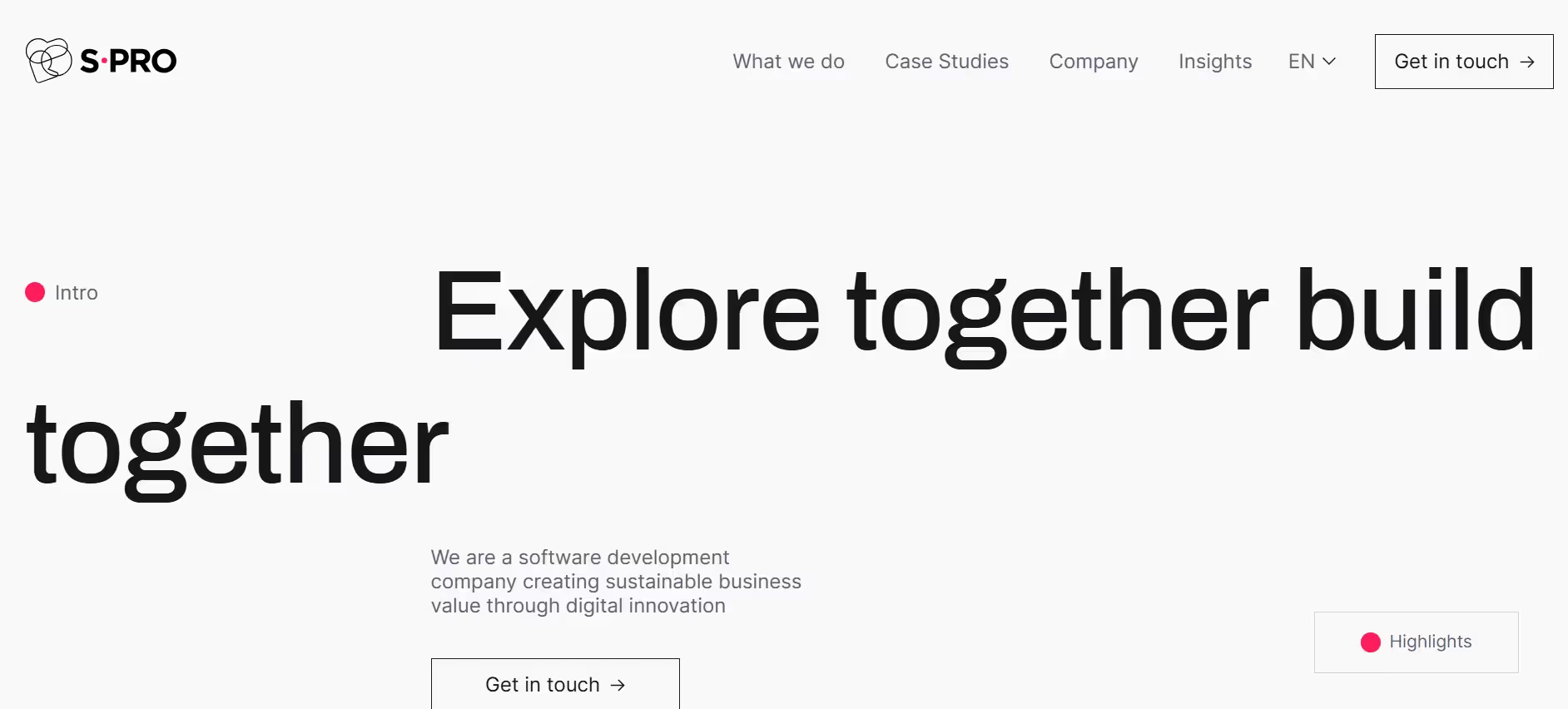
S‑PRO is an innovation company offering product discovery, MVP development and ongoing support. Their design thinking certifications and R&D orientation mean they dig deep into customer needs before coding. Startups often engage S‑PRO to validate ideas through user research and prototypes. They provide full‑stack engineering, mobile apps and data solutions.
9) UPQODE

UPQODE is a web design and SEO agency known for attractive sites and clear communication. They’ve been ranked among the top web design companies in the US. Startups appreciate their emphasis on modern aesthetics, timely delivery and strong project management; clients note their competitive pricing and responsiveness. Their services include website design, custom development, WordPress builds and search optimization.
10) The Bureau of Small Projects

Founded by a former Fortune 500 creative director, the Bureau of Small Projects brings big‑brand expertise to small businesses and nonprofits. They emphasise adapting Fortune 500‑level marketing principles for budget‑conscious teams. They draw on a diverse team, including writers and engineers, to deliver professional websites. Startups turn to the Bureau when they want polished branding, copywriting and development in one package.
What key website development features should startups look for?
What should you prioritise when selecting a provider or building your site? Below are features we consider essential. Choosing the right mix of features is part of effective website development for startups.
1) Strong web design and user experience
Your site should express your product story clearly. Use layouts that guide attention, accessible typography and micro‑interactions that help users without distracting them. Avoid generic adjectives; think in terms of how the design supports tasks. Good design isn’t about beauty alone—it drives business results. Poor design drives 38% of users away, and investing in thoughtful user experience can increase conversion rates by up to 400%.
2) Responsive layout and mobile compatibility
With most web traffic coming from mobile devices, your site needs to adapt across screen sizes. Responsive design uses flexible grids and media queries to restructure content for tablets, phones and desktops. About 90% of sites now implement responsive design, and positive mobile experiences lead 88% of users to return. Prioritise mobile performance early and test on real devices.
3) Front‑end and back‑end integration
A website is more than static pages. The front‑end—HTML, CSS and JavaScript—needs to work seamlessly with the back‑end that serves data and handles authentication, forms and APIs. For startups, using frameworks like React or Vue with a headless CMS can speed up development. On the server side, consider Node.js, Python or serverless functions. Integrations with analytics, CRM and marketing tools are critical for understanding user behaviour.
4) Branding strategy
Your website is often the first place where your brand comes alive. Startups should define their brand voice, visual language and narrative before building pages. Consistency across pages—colours, typography and tone—builds recognition. A clear message about your product and mission helps users feel connected.
5) Search engine optimisation
SEO is not just about keywords; it’s about making your site findable and usable. Optimise page speed through image compression and code splitting; search engines penalise slow sites. Slow image loading causes 39% of users to lose interest, and speed improvements directly correlate with higher conversions. Create semantic HTML structures with proper heading hierarchy and meta tags. Use descriptive alt text for images. Invest in both technical and content SEO early.
6) Content management system options
Choose a CMS based on your team’s technical ability and the complexity of your product. WordPress powers around 43% of all websites and offers Gutenberg full‑site editing and headless architecture. It’s flexible, scalable and has a rich plugin ecosystem. Headless CMS options like Strapi or Contentful let developers decouple content from presentation. For teams with limited technical resources, site builders like Wix or Squarespace provide drag‑and‑drop simplicity but may limit customisation. Considering these options is a core part of thoughtful website development for startups.
7) E‑commerce solutions
If your product involves transactions, choose an e‑commerce platform that integrates with your site or CMS. WooCommerce works with WordPress, while Shopify and BigCommerce offer hosted solutions. For SaaS products, subscription management tools like Stripe Billing can handle payments. Look for providers that support secure payments, flexible product catalogues and subscription billing.
8) Cloud hosting and performance optimisation
Hosting affects speed and reliability. Consider providers that offer autoscaling, global content delivery networks and transparent pricing. Serverless platforms like Vercel or Netlify can be cost‑effective and require minimal maintenance. Monitor performance through tools like Lighthouse and set budgets for your pages. Performance is both a ranking factor and a user experience factor. Considering these infrastructure options keeps your website development for startups adaptable as you scale.
9) Startup technology fit
Technology choices should align with your team’s skills and product roadmap. If your team is strong in JavaScript, choose a stack built on React or Next.js. If you need data science capabilities, Python frameworks may make sense. Evaluate whether the provider’s technology choices align with your plans for growth. A good partner will not only build your site but guide you on architecture decisions.
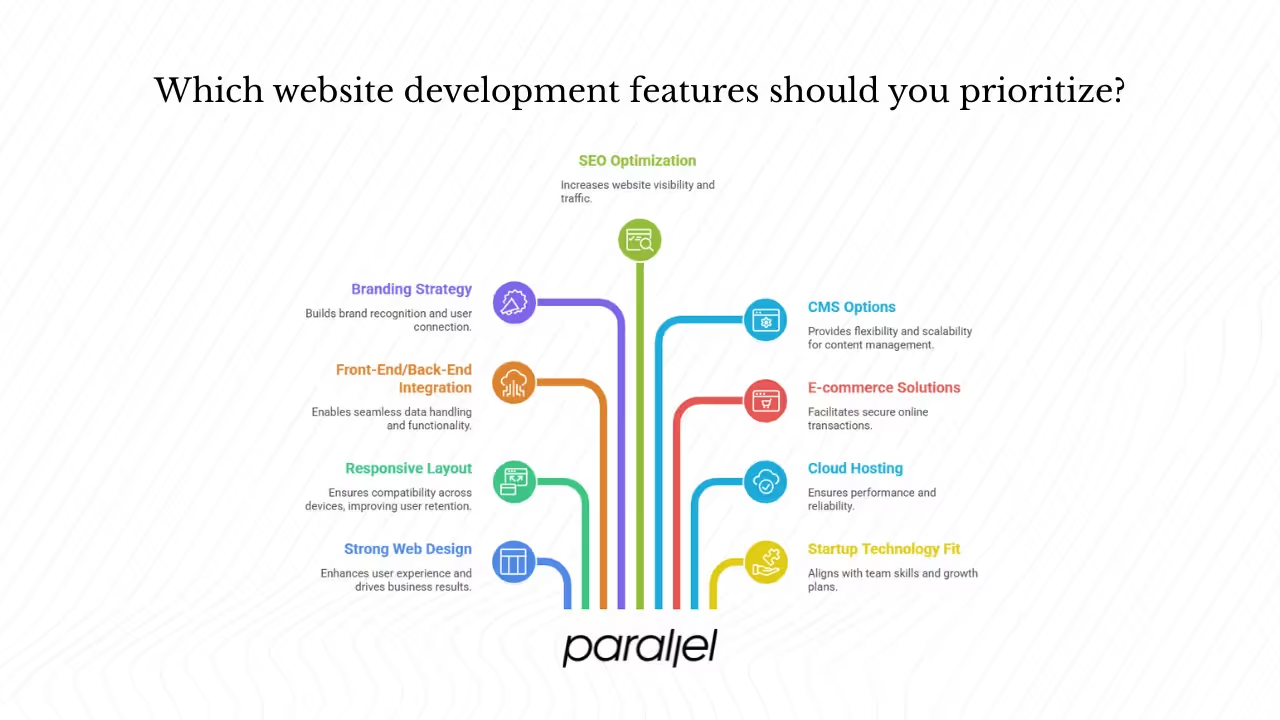
How should you use this guide to choose a website development partner?
Matching your specific needs with a partner's core strengths is the critical first step. An early-stage SaaS team requires more than just a website; it needs a product-led experience. A suitable partner helps refine the company’s narrative and builds a scalable foundation from the beginning, creating a practical tool for your long-term approach.
We view website development for startups as a holistic blend of product strategy, user research, and technical decisions. This perspective demands bringing designers, developers, and product managers into the same conversation. The goal is to produce a website that feels like a natural extension of your product and prepares you for sustained growth.
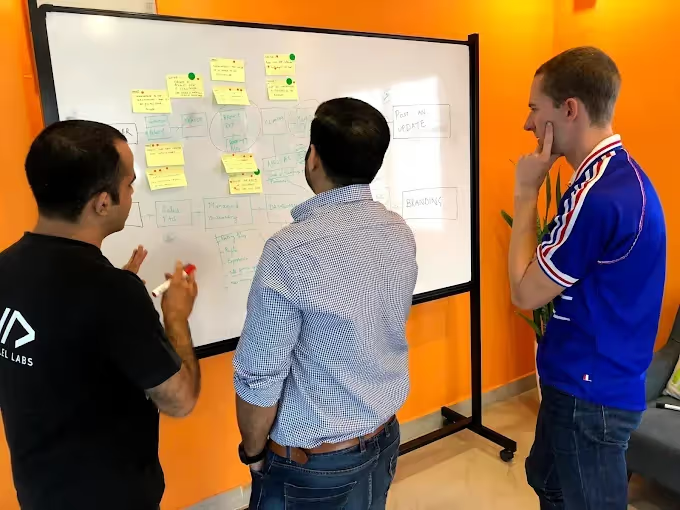
It is important to consider the tradeoffs between cost, speed, and sophistication. Assembling a team of individual freelancers may offer flexibility but requires founders to be comfortable managing remote talent directly. Other agencies offer broad service packages and structured processes, which can be useful but may lack adaptability. Very large engineering firms can handle massive builds, but often at a significant cost.
When choosing a partner, evaluate how they balance design, development, and strategy. A collaborative process is essential. Your partner should provide a clear roadmap and communicate the reasoning behind important tradeoffs. We always suggest you ask for case studies and speak with their past clients. The right choice will depend on your company’s stage, the complexity of your product, and your budget.
This philosophy is why our method combines design, product thinking, and engineering under one roof. We co-create with founders, prioritize clarity and performance, and build modular systems that adapt as a company grows. For founders who need guidance that goes deeper than pure execution, a partner should help articulate the product vision and craft an experience that builds lasting trust with users.
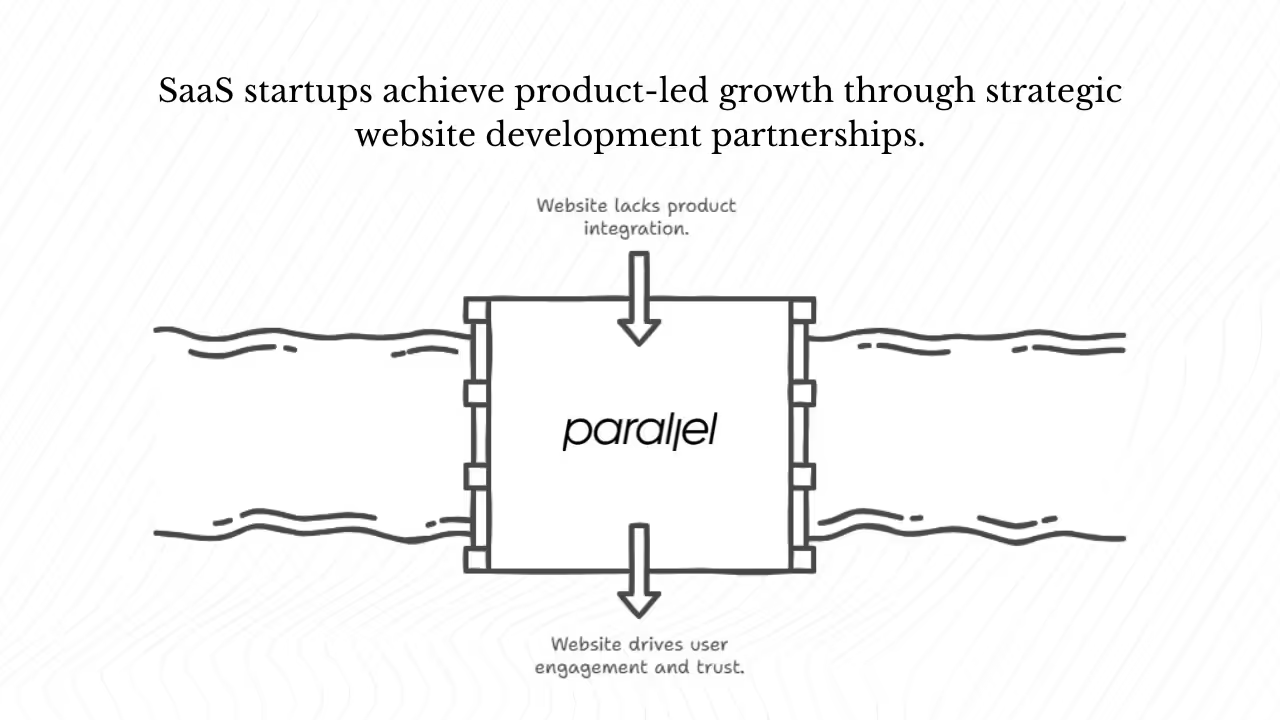
Conclusion
There’s no one‑size‑fits‑all answer to website development for startups. Your goals, resources and product maturity shape the solution that fits best. The providers listed here represent a spectrum of expertise, from lean design studios to large engineering groups. Use this guide as a starting point, and don’t be afraid to ask hard questions about process and value for new ventures. A good web partner will help you focus on what matters—articulating your product’s value and giving users a reason to stay. Thoughtful execution can be the difference between a product that languishes and one that grows.
Frequently asked questions
1) Which website builder is best for startups?
WordPress is often a popular choice because it’s flexible, scalable and has a large plugin ecosystem. It powers over 40% of all websites, supports full‑site editing and can be used in a headless architecture. You can start with WordPress for minimal cost and hand it over to a developer when you need customisation. Wix and Squarespace are easier for quick deployment but offer less long‑term flexibility.
2) How do you make a website for a startup?
Here’s a simple approach:
- Choose a domain name that aligns with your brand.
- Select a platform or partner—evaluate options like WordPress, custom development or a site builder based on your budget and technical skill.
- Define core pages: home, about, product or services, pricing, blog and contact.
- Add key features like contact forms, live chat, customer testimonials, blog posts and social proof.
- Optimise for speed and search—compress images, minimise code and use SEO‑friendly structures.
- Test on multiple devices and iterate based on feedback.
3) Is website creation a startup cost?
Yes. Domain registration, hosting, design or development and third‑party tools should be accounted for as part of your startup expenses. You can reduce costs by building an MVP site or using a builder like WordPress or Wix. However, underinvesting can hurt you in the long run if users bounce due to poor experience.
4) How much money is required to develop a website?
Costs vary widely. A site built with a DIY builder can cost as little as a few hundred dollars per year for hosting and premium themes. Working with a professional agency on a custom MVP can range from a few thousand dollars to tens of thousands, depending on complexity, number of pages, design depth, integrations and search optimization. Agencies like Lounge Lizard or BairesDev may start projects around $10k–$50k while smaller studios or freelancers may charge less. Always clarify scope and deliverables up front to avoid surprises.

.avif)

